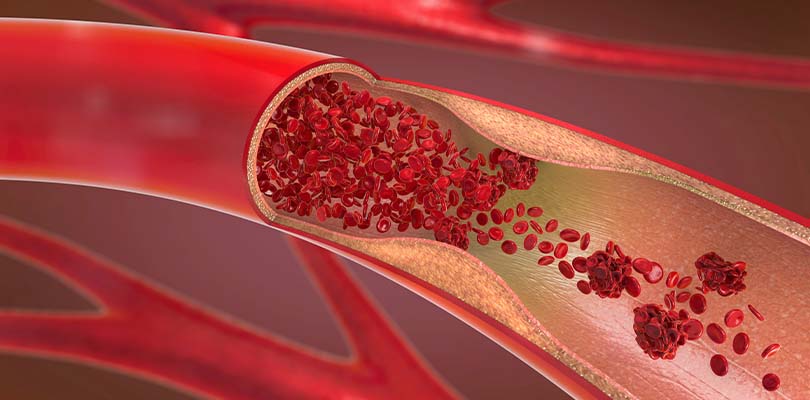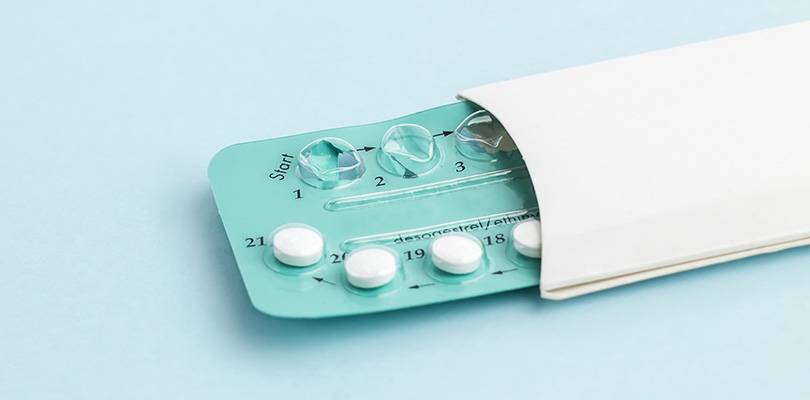Photo Credit: szefei / iStockPhoto.com
What Does Fiber Do for Your Body?
You may feel bombarded with health information that says a high-fiber diet is good for you. Have you ever wondered why virtually all health experts, who rarely agree on anything, stress the importance of including fiber in your diet?
The evidence of fiber’s importance keeps growing. Let’s take a look at what fiber does for you and its best sources.
Fiber Improves Your Metabolic Rate
An enhanced metabolic rate helps ensure you have adequate energy to perform your daily activities and will help you maintain a healthy weight. You may even sleep better at night as normal sleep/wake patterns are supported by a healthy metabolism.
When most people think of a healthy metabolism, they think of the body as a whole; however your metabolism affects every individual process within your body. Hormones, cellular regeneration, enzyme production, and all other bodily processes are impacted by your metabolism.
A High-Fiber Diet Lowers Your Risk of Developing Cancer
Fiber reduces the concentration of toxins, which often act as carcinogens, in your body. It does this by diluting, binding to and eliminating the toxins.
We are all exposed to toxins in the air, water and food every day. Our bodies also produce toxins, particularly when we are ill or stressed.
Toxins are implicated in the development of many cancers, as well as the general wear and tear of our bodies. Ridding the body of toxins efficiently promotes longevity and prevents a myriad of illnesses.
Your risk of colon cancer is particularly reduced if you consume an adequate amount of fiber in your daily diet.
Eat More, Weigh Less
Fiber is bulky and filling, and many types of fiber expand when consumed with liquids. The net result is you experience a higher level of satisfaction: you feel comfortably “full” without filling up on calorie-laden, fatty foods.
Your appetite is better controlled, and it is easier to reach and maintain healthy weight when you fill up of nutritious, fiber-rich foods.
Elimination Is Regular and Comfortable
Fiber provides bulk to the stool; it absorbs moisture, improving the consistency of the bowel movement. The time it takes for stool to form, pass through the colon, and exit your body speeds up when you consume an adequate amount of fiber.
When the stool moves at a healthy rate through the colon, less water is reabsorbed by your large intestine. Hence, the stool remains soft and you are able to evacuate your bowels regularly and with comfort.
Whether it is physically or mentally, everyone wants to be healthy. Find inspiration in this list of things healthy people do every day.
Fiber also reduces your chance of developing hemorrhoids and experiencing pain.
Unlike laxatives, which may cause cramping, pain and diarrhea, increasing your intake of fiber is painless. If you are first increasing your intake of fiber, do it gradually as you may experience a temporary increase in gassiness if you are not used to consuming adequate amounts of the nutrient.
Fiber Reduces Absorption of Some Fats
Many dietary fats are unhealthy, but fiber can interfere with their absorption, resulting in many benefits.
Unhealthy fats are linked to inflammation, which plays a role in the development of almost all diseases, including cancer, heart disease and stroke. You are again helped by fiber if you want to maintain a healthy weight because of its impact on fat absorption.
Reduce Levels of Unhealthy LDL Cholesterol With Fiber
Multiple studies prove unhealthy LDL cholesterol levels decrease when a high-fiber diet is consumed regularly. While all types of fiber offer some benefit, soluble fiber, such as that found in oat bran, is the most effective type of fiber for reducing LDL cholesterol levels.
The lowered buildup and increased elimination of LDL cholesterol translates to a lower risk for cardiovascular disease. Stroke, hardening of the arteries, and some types of dementia are all vascular illnesses that may be prevented by eating well.
Stabilize Blood Sugar Levels With Fiber
Fiber helps stabilize blood glucose levels. This is particularly important if you have a history of or are at risk for diabetes. This ability of fiber helps to balance energy and hunger levels.
Finding Good Sources of Fiber
Your diet should always provide the vast majority of your nutrients, including fiber. Eat well and you will have no difficulty consuming plenty of fiber.
Unlike fiber supplements, fiber consumed in whole foods provides other nutrients your body needs. Plus the fiber, vitamins and minerals are in readily absorbable and usable forms.
Natural fiber is obtained exclusively from plant-based foods. Meat and dairy products do not contain any fiber.
Plant-based foods are almost always low in fat, high in fiber, low in calories, and rich in vitamins, minerals, and a wide array of nutrients. Fruits, vegetables and whole grains provide delicious flavor and variety to the diet. Some fruits and vegetables contain higher amounts of fiber than others.
Whole grains, such as brown rice, bran and seeds contain lots of fiber and many vitamins, including the stress-relieving B complex vitamins. Dried peas, beans, quinoa and lentils provide fiber as well as inexpensive protein to the diet.
Whole grain cereals and flours, flaxseeds and hempseeds are also excellent sources of fiber. Fiber-rich fresh and dried fruits add sweetness to the diet; dried apricots, prunes and apples are excellent, portable sources of fiber.
Whole fruits and vegetables are better than juices, unless the juices are freshly made by using a high quality juicer that retains most of the pulp. When eating vegetables or fruit, leave the skin on whenever possible as it contain a great deal of fiber and many nutrients.
How Much Fiber Do I Need?
Most adults should consume at least 35 grams of fiber each day. Check with your health care provider for individualized recommendations.
While supplement and laxative manufacturers would have you believe consuming enough fiber in your daily diet is difficult if not impossible without the use of their products, getting adequate amounts of fiber from your diet is not difficult if you eat healthy foods.







